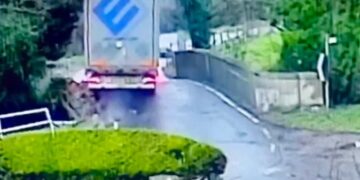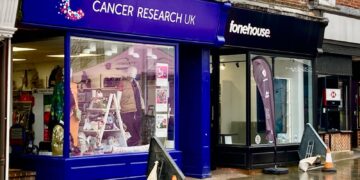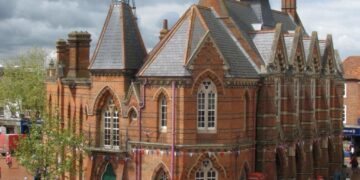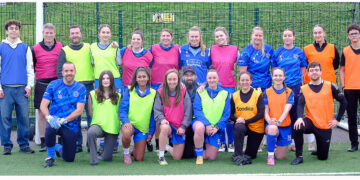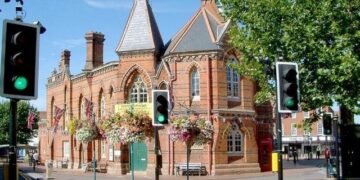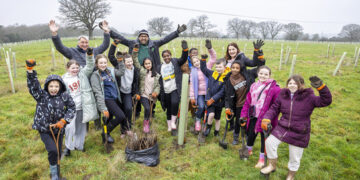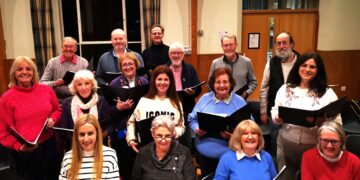EARLIER this year it was a lake, now land in Shinfield has been reclassified as natural greenspace. But residents may need to find their waders if they want to have a picnic.
Langley Mead — owned and managed by the University of Reading — has been extended north from 18 to 39 hectares, after neighbouring land was reclassified as a Suitable Alternative Natural Greenspace (SANG).
The area, which sits on the banks of the River Loddon, was heavily affected by flooding in January this year.
It sits within Flood Zones 2 and 3, but this isn’t a problem for Patrick Hanna, the planning inspector appointed by the Secretary of State to manage the appeal after it was initially rejected.
In his reasons for approval, he wrote: “Many third parties have commented that the flooded and waterlogged ground conditions affect the usability of the existing SANG.
“However, the purpose of the existing and proposed facilities is not to provide an urban or sanitised outdoor experience, but to allow walkers to enjoy the outdoors in a semi-natural environment.
“To my mind, this could include navigating waterlogged fields and footpaths after heavy rainfall, re-routing walks from familiar routes which are cut-off by flood waters, and negotiating cow dung and grazing cattle.”
Mr Hanna also said that: “Frequency, duration and depth of flood events across the entirety of the proposed SANG have not been fully modelled.”

But independent councillor for Shinfield South, Cllr Jim Frewin, said the change of use is being used strategically by the University of Reading.
He told Wokingham.Today: “They need the SANG to justify building more houses afterwards.
“I’d be happy to have a SANG if it’s usable. But for three or four months of the year it floods.
“Wokingham Borough Council turned the application down on the premise it was unusable. That’s not what a SANG is for.”

In January, Bellway Homes, acting on behalf of the university stated its intent to build homes on land within walking distance to the newly expanded SANG. This would be on top of the 126 homes already built on behalf of the university.
In a letter sent to Reading architecture firm Barton Willmore, Bellway Homes said: “The provision of nearby SANG” will “offset the impacts of potential future residents” on the area.
The letter noted: “It is the intention of Bellway Homes to submit a planning application seeking residential use” of land north of Arborfield Road “within this current calendar year.”
In June last year, Bellway submitted an application to build 249 homes on land south of Cutbush Lane. This was rejected by the borough council, but approved through an appeal on Tuesday, March 10.
Cllr Frewin is expecting to be presented with the second planning application soon.
“They want to build north of Arborfield Road all the way to the Blackboy Roundabout,” he said. “They know they’re selling homes that’ll retain surface water in the winter.
“In one of the meetings, someone from the University of Reading said ‘residents will just have to get used to flooding’ in Shinfield.”
Cllr Frewin added: “Because we’re doing virtual planning meetings at the moment, the meetings are for officers and committee members only.
“Local councillors and residents are shut out — it means we get no say in the planning process.”
Changing the land’s use from agricultural land to the SANG includes building 12 parking spaces and a network of footpaths on site.
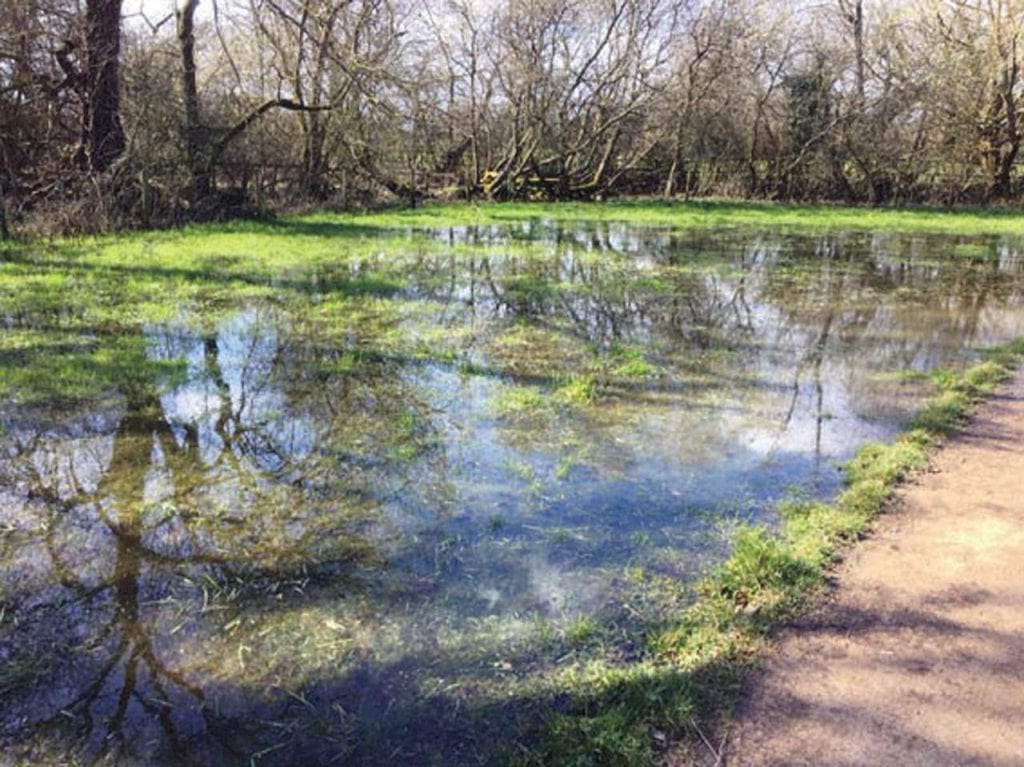
A spokesperson from the University of Reading said: “The extension of Langley Mead will allow the University of Reading to further improve conditions for wildlife, with an emphasis on creating a highly connected, continuous habitat that brings traditional management practices back to the landscape.”
Ben Kite, managing director of ecological consultancy, EPR, said: “We are delighted to have played a central role in seeing the Langley Mead extension through to approval.
“Through actions such as hedgerow planting, wildflower meadow management, and pond creation, the University of Reading are set to encourage wildlife to flourish, while incentivising people to spend more time outside in their local environment.
“The University is continuing to provide a shining example to landowners looking to improve the quality of the natural environment.”

